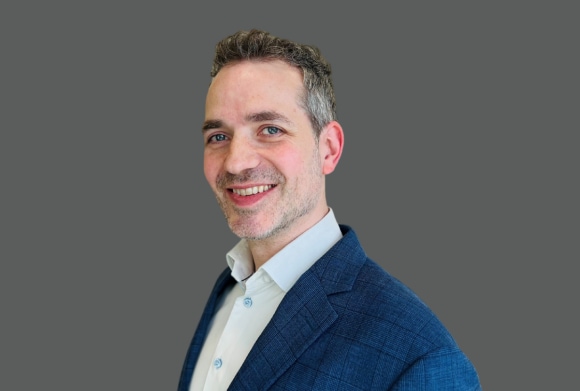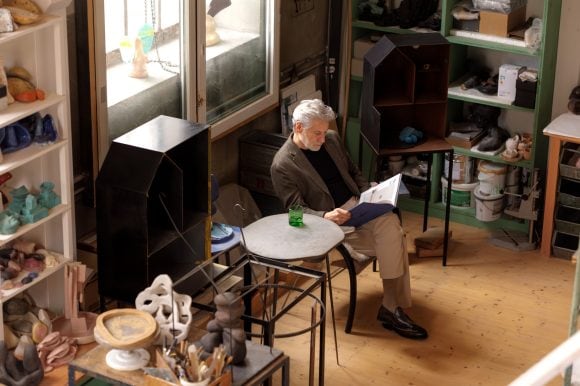Meet the experts
Adam Gustafsson: Climate change represents massive investment opportunities
I think of a company’s environmental and social footprint as frictions which, if not managed, could threaten their social license to operate and ultimately the viability of their business operations.








